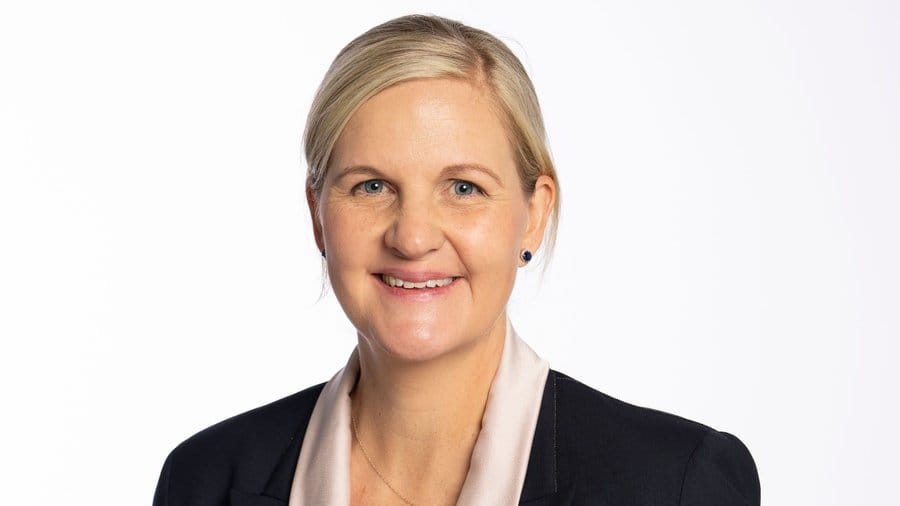Kirsty Coventry Makes Olympic History as First Woman Elected IOC President

On 20 March 2025, during the 144th Session of the International Olympic Committee (IOC) in Costa Navarino, Greece, a historic election took place. Kirsty Coventry of Zimbabwe was elected as the 10th President of the IOC, becoming the first woman and the first African to assume the highest leadership role in the Olympic Movement since its inception in 1894. Her victory represents not only a personal achievement but a profound step towards greater gender and regional representation in global sport.
Coventry won in the first round of voting, securing 49 out of 97 votes from IOC members. Her closest contender, Juan Antonio Samaranch Jr. of Spain, received 28 votes, while British candidate Sebastian Coe received 8. The remaining 12 votes were either abstentions or invalid. The strength of Coventry’s mandate reflects wide-ranging confidence in her platform, which prioritises athlete inclusion, global youth engagement, and structural diversity in the Olympic ecosystem.
Kirsty Coventry was born in Harare, Zimbabwe, in 1983. As a swimmer, she represented her country at five Olympic Games between 2000 and 2016, winning seven medals in total — including two golds in the 200m backstroke at the Athens 2004 and Beijing 2008 Olympics. Her remarkable athletic career earned her the distinction of being Africa’s most decorated Olympian, and her impact extends beyond the pool. In 2018, she was appointed Zimbabwe’s Minister of Youth, Sport, Arts, and Recreation, and from 2018 to 2021 she served as Chair of the IOC Athletes’ Commission, advocating for greater athlete representation within the Olympic structure.
In her acceptance speech following the election, Coventry reaffirmed her commitment to the inclusive power of sport, stating: “Sport has an unmatched power to unite, inspire and create opportunities for all, and I am committed to making sure we harness that power to its fullest.”
Her words underscore a long-standing personal and professional ethos rooted in access, equity, and global participation — values that resonate within the IOC’s broader mission but have often been challenged by historical imbalance in representation and opportunity.
Her election has been broadly welcomed by the international sporting community. Prominent voices across National Olympic Committees, athlete networks, and policy organisations have praised the decision as a timely and necessary shift in the governance of the Olympic Movement. Anita DeFrantz, an American IOC member and Olympic medallist, remarked that Coventry’s leadership marks “a significant step forward for gender equality in sport,” while representatives from several African nations described it as a “moment of genuine inclusion on the world stage”.
Coventry’s presidency begins at a moment of considerable challenge and opportunity for the IOC. The global sporting calendar is still adapting to the long-term effects of the COVID-19 pandemic, while broader debates around sustainability, athlete mental health, and human rights continue to affect the image and impact of major international events. In addition, geopolitical tensions have placed the IOC under pressure to remain neutral while upholding the values enshrined in the Olympic Charter. Coventry’s extensive experience — both as an athlete navigating elite competition and as a policymaker — positions her well to navigate these complexities with nuance and authority.
Beyond these immediate challenges, her presidency is likely to influence institutional reform within the IOC itself. Observers expect to see a renewed focus on structural transparency, increased engagement with underrepresented regions, and potential evolution in how the Games are awarded, hosted, and delivered. These developments could set the tone for Olympic leadership well beyond her term.
Kirsty Coventry’s election as President of the International Olympic Committee is a defining moment in Olympic history. Her dual distinction as both the first woman and the first African to hold the role breaks with 131 years of precedent, ushering in a new era shaped by the principles of inclusivity, representation, and athlete-centred governance. Her tenure will not only be judged by the policies she enacts but also by the symbolic weight of her appointment — an enduring message to future generations that leadership in global sport is no longer limited by gender or geography.
For official coverage and details on the 144th IOC Session and Kirsty Coventry’s election, visit the International Olympic Committee website:
🔗 Kirsty Coventry Elected 10th IOC President – Olympics.com


